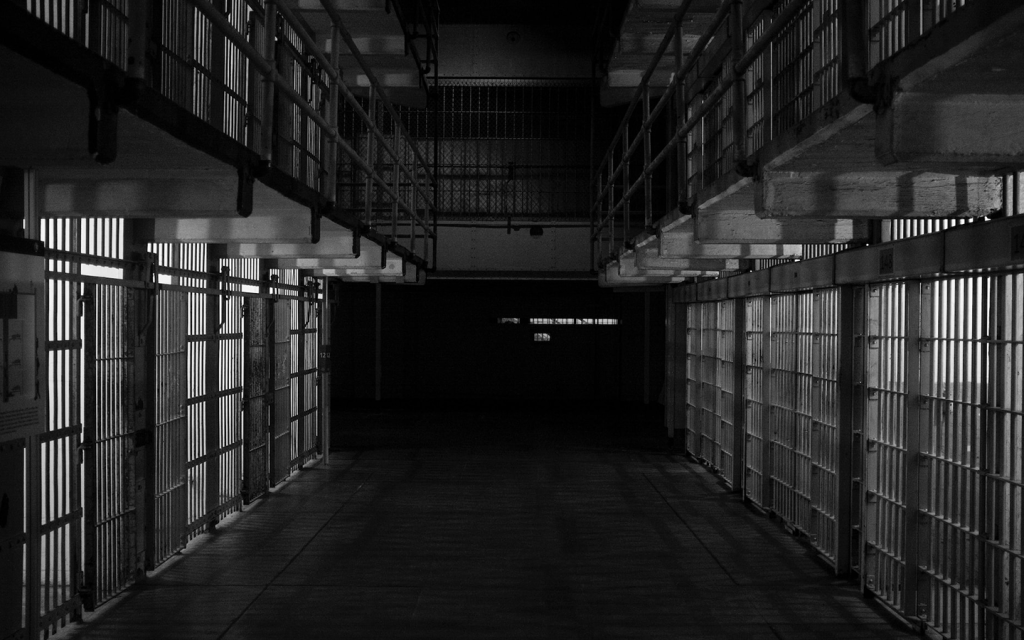THE NIGHT OF DRAWS ON TIMELY CONVERSATIONS ON FAILURE IN THE AMERICAN CRIMINAL-JUSTICE SYSTEM

How much do we need to see before we change as a society?
The American criminal-justice system is great at turning innocent people into criminals. The system’s failure depends on people being naive to court and police proceedings to successfully groom hardened criminals and keep them in the prison system. Nasir Khan, the main character of the HBO series The Night Of is the perfect example of this.
Nasir (Riz Ahmed) is like any other American student with immigrant parents. He studies hard and wants to party like he’s seen on TV and like most young adults, there are many sides of him, good and bad.
Early in The Night Of he’s not likable because he’s easily pressured into doing things he doesn’t want to do. He’s the kind of person who’s insecure, unsure about his life and about his power, the perfect prey.
We see him interacting with basketball players at school, but he basically sits on the sidelines, observing and living vicariously through the others around him. So when he finally gets invited to a party that was expected to be all he’s imagined about house parties, he had to go, even if it meant stealing his dad’s taxi cab to get there.
But he couldn’t figure out how to turn the “off duty” sign on, so he got unwanted passengers who he swatted away but he couldn’t say no to a pretty girl. Here’s his chance to finally enjoy the experiences he desired. This moment, sets the tone of Nasir’s interactions with authorities throughout the series. He doesn’t want to do things, but doesn’t know how to say no or why certain decisions are harmful.
The series is audacious in pushing past comfortable and is particularly edifying in illustrating how important it is to be aware of your rights. It’s meant to make you feel pained and agitated as you helplessly watch as Nasir’s life falls apart when he’s accused of a crime that he says he didn’t commit.
It underscores the difference in the grace that is given to privileged individuals versus minorities when they make mistakes. In Nasir’s case, his mistake that night, was believing in the judicial system.
Through a series of missteps, pitiful actions that force him in a corner to incriminate himself, it’s clear that he is not logical, and is so easily shaken by pressure. He’s impressionable to a fault and wants to believe so badly that the truth will set him free.
Like his lawyer Jack Stone (John Turturro) said so plainly “you’re at a massive disadvantage,” he’s a second generation Pakistani in a racist country and unfortunately naive; a terrible combination.
The entire show is disconcerting because viewers feel everything, from Nasir’s anxious perspective in the beginning, to his slow build in confidence and cold temperament.
Unless you are familiar with court and police proceedings, the show helps to educate about the realities of both. For instance, the distinction between charges and actual conviction is critical in this case. Though Nasir has been accused of a crime with circumstantial evidence, he can still be held without bail because of the severity of the crime he’s accused of. This is why many people can be in jail for long periods of time even when they are innocent.
And while the police investigate and the court slowly continue with proceedings, people waiting for their chance to prove their innocence have no choice but to conform to survive.
Nasir, a good university student, who has only ever been involved in selling speed and other drugs used for study aids now has to risk losing his case by smuggling hard drugs into prison. He has to turn his scared and impressionable side down and find rage, focus and meditated confidence to ensure that he’s always one step ahead of the people who are willing to hurt him. He even gets involved with a hardened gang leader to ensure that he has protection.
Through him, we see how prison quickly shocked him into a life of risk and peril and slowly made him stoic. His only escape is through opioids.
When he’s finally released due to incredible luck in choosing the right lawyers, his community shuns him, disgusted by the obvious change in his character. This affirms the work that was taking place in prison. He’s no longer the same Nasir, not naive and easily trusting, but fully aware of the realities of how cold and harsh society can be. Prison really changes a person.